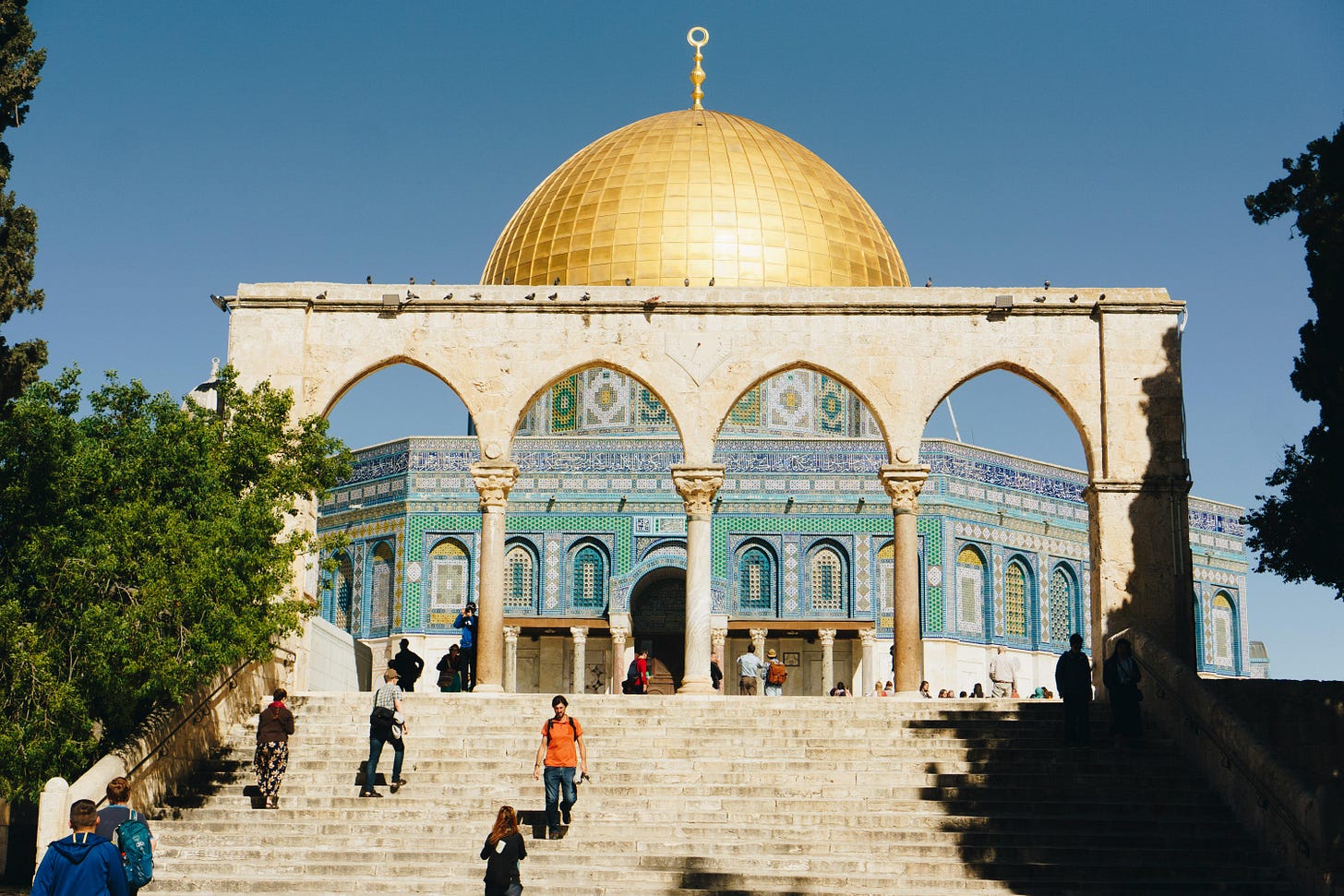CAIR Condemns Israeli Ban on Islamic Call to Prayer, Urges Muslim Nations to Act
The Council on American-Islamic Relations (CAIR), a prominent Muslim advocacy group in the United States, has strongly condemned Israel's recent ban on the Islamic call to prayer, describing it as the latest act in a "war on Islam." The organization has renewed its call for Muslim nations to take concrete action against what it terms Israel's ongoing "genocide" targeting Palestinians.
CAIR's Response to the Ban
On Monday, CAIR issued a statement denouncing the Israeli government's decision to prohibit mosques from broadcasting the "Azan," the Islamic call to prayer. Nihad Awad, CAIR's national executive director, said, "Attacks on mosques, churches, cultural sites, and religious texts are all part of the decades-long Israeli campaign to erase Palestinian culture." Awad further asserted that "waging war on Islam and Christianity has always been a major component of Israel's genocide targeting the Palestinian people."
The ban, ordered by Israel's far-right National Security Minister Itamar Ben-Gvir, directs police to prevent mosques from using loudspeakers for the call to prayer, citing noise disturbances to nearby Israeli residents. Under the new directive, authorities can enter mosques, confiscate loudspeaker equipment, and impose fines on those found in violation.
Context and Controversy
This move by the Israeli government has sparked widespread controversy and condemnation from various quarters. Palestinian citizens of Israel view the ban as a provocative attack on their community and religious rights. Mansour Abbas, leader of the United Arab List, accused Ben-Gvir of fueling divisions and targeting mosques after failing to provoke violence at Jerusalem's Al-Aqsa Mosque.
The ban on the call to prayer is not an isolated incident but part of a broader context of tensions between Israeli authorities and the Palestinian population. CAIR has consistently criticized what it perceives as Israel's efforts to suppress Palestinian culture and religious practices.
CAIR's Call for Action
In response to this latest development, CAIR has reiterated its demand for Muslim nations to take concrete steps to end what it describes as the Israeli regime's genocide. The organization has also called on the Biden administration to condemn Ben-Gvir's actions, including his recent call for the ethnic cleansing of Gaza.
Awad emphasized that U.S. President Joe Biden's support for Israel is a key factor enabling the suppression of religious liberties. He stated, "President Biden's unwavering support for the far-right Israeli government is enabling the suppression of religious liberties and other human rights violations targeting Palestinians."
Historical Context and CAIR's Stance
CAIR's condemnation of the prayer call ban is consistent with its long-standing position on Israeli policies towards Palestinians. The organization has previously spoken out against various actions by the Israeli government, including the desecration of mosques and religious texts in Gaza and the West Bank.
In recent months, CAIR has been particularly vocal about what it sees as escalating aggression against Palestinians. In June, the organization called for an investigation into reports of an American soldier participating in actions against Gaza civilians. In May and March, CAIR condemned videos showing Israeli soldiers allegedly burning and tearing Qurans in Gaza, describing these acts as further evidence of ongoing genocide.
Criticism and Controversy Surrounding CAIR
While CAIR positions itself as a leading civil rights organization for American Muslims, it has faced criticism and controversy. Some observers have accused the organization of having ties to extremist groups, a charge CAIR vehemently denies. The organization's strong stance on Israeli-Palestinian issues has also drawn support and criticism from various quarters.
Looking Ahead
The ban on the Islamic call to prayer in Israel is likely to remain a contentious issue, potentially exacerbating tensions between Israeli authorities and Palestinian citizens. CAIR's call for action from Muslim nations and its criticism of U.S. policy towards Israel suggests that the organization will continue to be a vocal player in discussions surrounding Israeli-Palestinian relations and Muslim civil rights in the United States.
As this situation unfolds, it will be crucial to monitor the responses from international bodies, Muslim-majority nations, and the U.S. government. The incident highlights the complex interplay between religious freedoms, cultural practices, and political tensions in the region, underscoring the ongoing challenges in achieving a peaceful resolution to the Israeli-Palestinian conflict.



